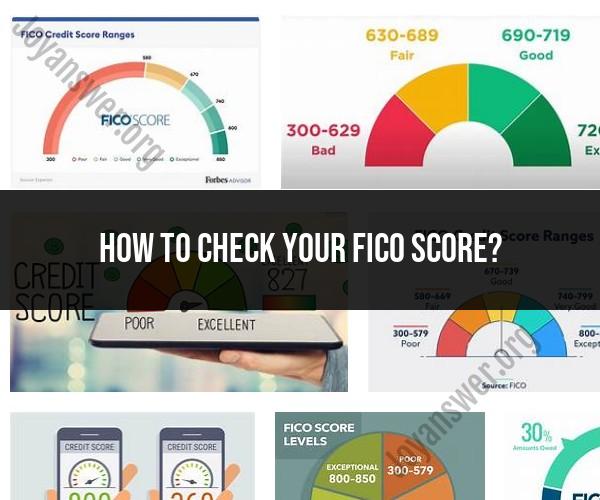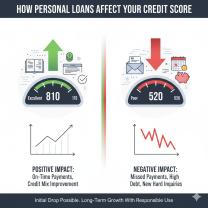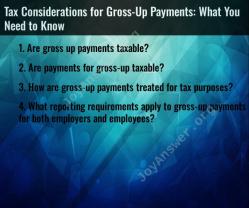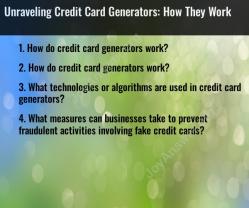How to check your FICO score?
Checking your FICO score is a straightforward process, and there are several ways to access it. Here's a step-by-step guide on how to check your FICO score:
Understand What FICO Score Is:
- FICO scores are credit scores that lenders use to assess your creditworthiness. There are three major credit bureaus—Experian, Equifax, and TransUnion—that calculate FICO scores based on your credit history.
Request a Free Annual Credit Report:
- You are entitled to a free annual credit report from each of the three major credit bureaus. You can obtain these reports at AnnualCreditReport.com, the only official website authorized by the federal government. This report will include your credit history but not your FICO score.
Use a Credit Monitoring Service:
- Many credit monitoring services offer access to your FICO score as part of their subscription. You can sign up for these services online and monitor your credit score regularly. Some services may offer a free trial period.
Check Your Credit Card Statement:
- Some credit card issuers provide your FICO score on your monthly credit card statement. Check your statement to see if your credit card company offers this service.
Contact Your Lender or Bank:
- Some lenders and banks provide their customers with access to their FICO scores for free. Contact your financial institution to inquire about this service.
Purchase Your FICO Score:
- If you want to check your FICO score directly from one of the credit bureaus, you can purchase it online. Each bureau has its own website where you can buy your FICO score. Here are the websites for the three major credit bureaus:
- Experian: Experian.com
- Equifax: Equifax.com
- TransUnion: TransUnion.com
- If you want to check your FICO score directly from one of the credit bureaus, you can purchase it online. Each bureau has its own website where you can buy your FICO score. Here are the websites for the three major credit bureaus:
Provide Personal Information:
- When you request your FICO score, you'll need to provide personal information to verify your identity. This may include your name, Social Security number, date of birth, and address.
Review Your FICO Score:
- Once you've obtained your FICO score, review it carefully. FICO scores typically range from 300 to 850, with higher scores indicating better creditworthiness. Your score will also come with a credit report that details your credit history and factors that affect your score.
Monitor Your Credit Regularly:
- Checking your FICO score periodically is important for tracking your credit health and identifying any changes or discrepancies. Many credit monitoring services offer ongoing access to your score and can alert you to any significant changes.
Remember that you have multiple FICO scores, as each credit bureau may have a slightly different score based on the information in its database. It's a good practice to check your FICO score from all three major credit bureaus to get a comprehensive view of your credit health. Additionally, understanding your credit score can help you make informed financial decisions and take steps to improve your credit if necessary.
What is a FICO Score?
A FICO Score is a credit score developed by the Fair Isaac Corporation (FICO). It is a three-digit number that is used by lenders to assess a borrower's creditworthiness. A higher FICO Score indicates that the borrower is more likely to repay their loan on time and in full.
How is a FICO Score calculated?
FICO Scores are calculated using a variety of factors, including:
- Payment history: This is the most important factor in calculating your FICO Score. It is important to make all of your loan and credit card payments on time and in full.
- Credit utilization: This is the amount of credit you are using compared to your total available credit. It is best to keep your credit utilization below 30%.
- Length of credit history: The longer your credit history, the better. This is because it shows lenders that you have a track record of managing credit responsibly.
- New credit accounts: Opening too many new credit accounts in a short period of time can lower your FICO Score.
- Credit mix: Having a variety of different types of credit accounts, such as credit cards, installment loans, and mortgages, can help to improve your FICO Score.
How to check your FICO Score
You can check your FICO Score for free from a variety of sources, including:
- Annual Credit Report: You can get one free copy of your credit report from each of the three major credit bureaus (Equifax, Experian, and TransUnion) every year at AnnualCreditReport.com. Your credit report includes your FICO Score from one of the three major credit bureaus.
- Credit card issuers: Many credit card issuers offer their cardholders free access to their FICO Score.
- Credit score websites: There are a number of websites that offer free access to your FICO Score, such as Credit Karma and NerdWallet.
How to understand your FICO Score
Your FICO Score can range from 300 to 850. A higher FICO Score indicates that you are a good credit risk and that lenders are more likely to approve you for a loan or credit card and give you a lower interest rate.
Here is a general guide to understanding your FICO Score:
- 580 and below: Poor credit
- 580 to 669: Fair credit
- 670 to 739: Good credit
- 740 to 799: Very good credit
- 800 to 850: Excellent credit
How to improve your FICO Score
If you are not happy with your FICO Score, there are a number of things you can do to improve it:
- Make all of your loan and credit card payments on time and in full.
- Keep your credit utilization below 30%.
- Pay down your debt.
- Avoid opening too many new credit accounts in a short period of time.
- Keep a long and positive credit history.
Improving your FICO Score takes time and effort, but it is worth it in the long run. A good FICO Score can save you money on interest rates and make it easier to qualify for loans and credit cards.













